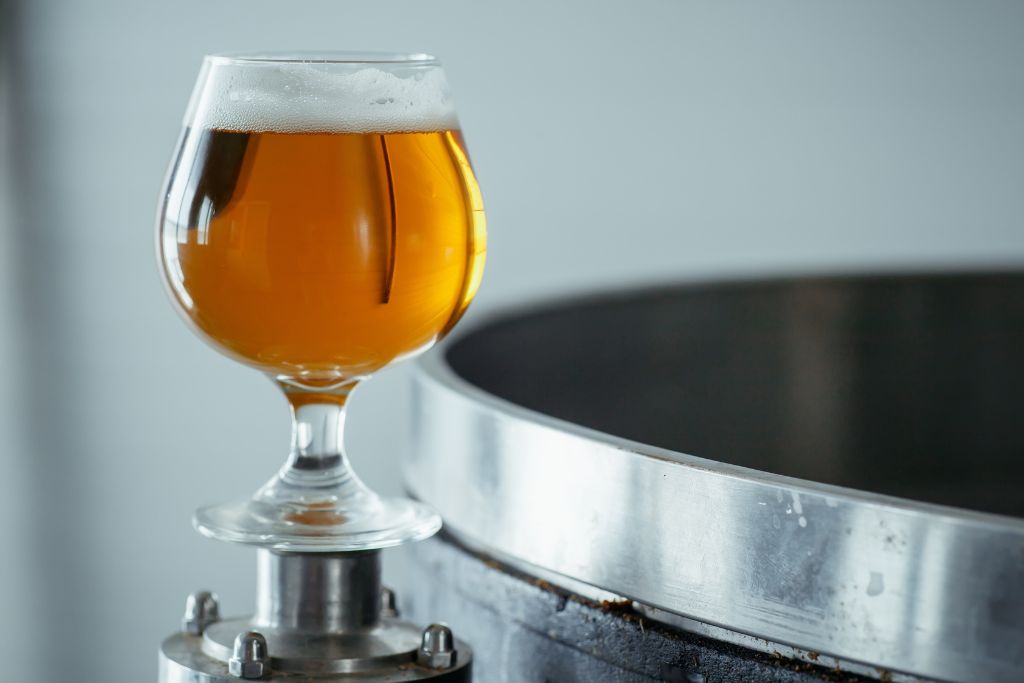Learn some crucial beer-making tips for brewmasters: use top-notch water, nurture yeast with nutrients, and ensure precise temperature control.
As a brewmaster, you’ve probably spent countless hours perfecting your beer recipes, tweaking details to craft the most extraordinary product. Even if you’ve tried dozens of methods and ingredients, there’s always room to grow. In fact, we’ll share some essential details that will improve your beer-making process and the quality of your brews. Learn these tips below!
Use Good Water: The Foundation of Great Beer
Beer is about 90–95 percent water, which is largely why good beer requires good water. All beers benefit from a clean, chlorine-free water source. If you’re not sure about your tap water’s quality, a simple and cost-effective solution is to purchase bottled water or install a water filter system at your brewery that can remove impurities. By using clean water, you’ll create a solid foundation for your flavors and beer styles.
Add Nutrient Blends to Yeast: A Must for Healthy Fermentation
Yeast plays a significant role in beer fermentation, providing essential enzymes to convert sugar into alcohol and carbon dioxide. Keep your yeast healthy to achieve the best fermentation and flavor profile. One detail that will improve your beer-making process is adding nutrient blends to your yeast, which can include essential minerals, amino acids, and vitamins. These nutrients help yeast grow, multiply, and create unique flavors in your beer. With healthy yeast, you’ll enjoy a smooth fermentation process and a flavorful brew.
Implement Temperature Control: Mastering the Art of Fermentation
Temperature control is another essential detail in the beer-making process, as it directly affects the fermentation rate and the development of various flavors. By maintaining a consistent temperature during fermentation, your yeast can work effectively without making unwanted by-products or off-flavors.
Depending on your preferred beer style, ideal fermentation temperatures can range from as low as 50 degrees Fahrenheit (or 10 Celsius) for lagers and 68–72 degrees Fahrenheit (20–22 Celsius) for ales. Purchasing a temperature control system may be worthwhile, as keeping your fermentation temperature stable will significantly improve the quality of your beer.
Attention to these details will improve your beer-making process and enhance the quality and taste of your brews. Use clean water as a foundation, feed your yeast with nutrient blends, and maintain consistent temperatures to elevate your skills as a brewmaster. Exceptional beer awaits you—cheers!





















